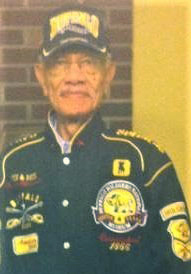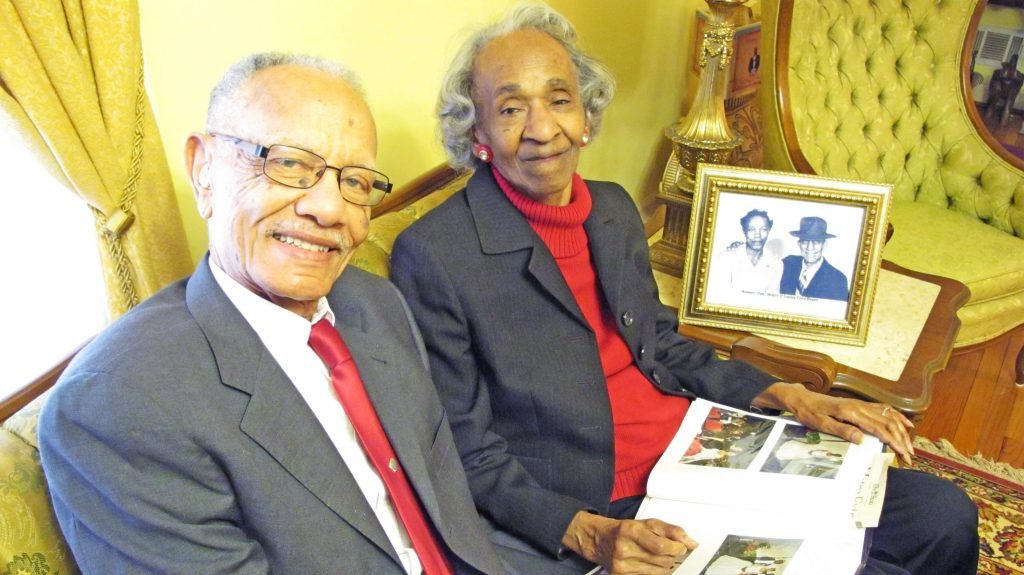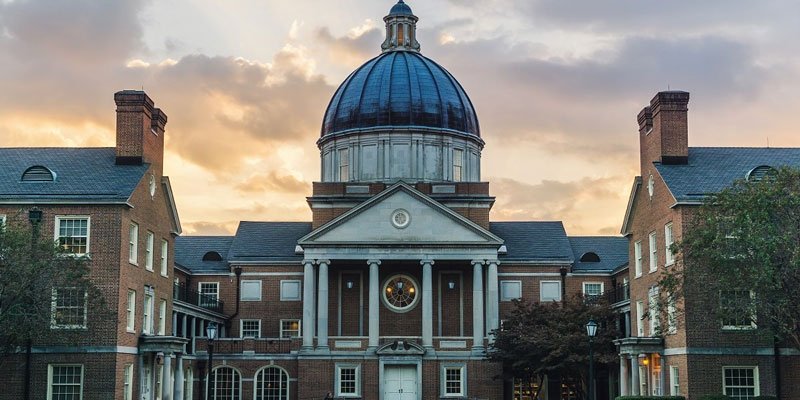Winsboro – When Taft Henry was buried almost three years ago, his friends and acquaintances remembered him as a peaceful man, a good man who volunteered his time to serve his community . He was a member of the hospital board, the county board of elections, and the social services board. He was a Cub His Master of the Calvary Presbyterian Church, St. John . He volunteered so faithfully at his McCrorey-Listen Elementary that the SC Board of Education gave him his Friend of Education award.

Henry served quietly and honestly in these and other volunteer efforts in Fairfield County.
But most people probably didn’t know that Henry, who was born and raised in Fairfield County, served his country as a Buffalo soldier in the all-black 24th Infantry Regiment of the United States Army before his years of community service. I guess.
The Buffalo Soldiers were established by Congress in 1866 as the first peacetime all-black regiment in the regular U.S. Army. They were originally members of the United States Army’s 10th Cavalry Regiment formed at Fort He Leavenworth, Kansas. Their duties included the control of borders and Indians, which often involved dangerous conflicts.
The Buffalo Soldiers nickname was given to black cavalry by Native American tribes who encountered soldiers in Indian Wars and other skirmishes.
At least one writer gave this name to an 1871 military campaign against the Comanche. Others argue that the nickname arose from the Native Americans’ appreciation of the free-roaming buffalo on the plains, and the fighting prowess of black soldiers, particularly in Texas, Kansas, New Mexico, Arizona, and the Cheyenne, Kiowa, Indian Territory (now Oklahoma) that campaigned against Comanche and Apache tribes.
Buffalo soldiers fought prejudice both in the army and on the frontier, but served the United States eminently. Many towns on the frontier were segregated, and black soldiers were often targeted for slander, assault, and even gunfire. Still, Buffalo soldiers earned praise for their discipline and accuracy.
“Black regiments probably earned more Medals of Honor in Indian campaigns than white regiments,” says Richard Rattenberry, historical curator at the National Cowboy and Western Heritage Museum in Oklahoma City. “They also had the lowest desertion rate and highest reenlistment rate in the Army. They were known for their stable personalities.”
The term Buffalo Soldiers eventually became synonymous with all African American regiments formed in 1866.
And the proud identity threads associated with the original Buffalo Soldiers continued through the years in the Black Regiment.
In 1869, the 38th and 41st Regiments were combined into the new, all-black 24th Infantry Regiment, still called the Buffalo Soldiers until it was deactivated during the Korean War in 1951. This deactivation follows President Truman’s executive order abolishing segregation in the military.
Henry enlisted in the Army’s 24th Infantry Regiment in 1946 at the end of World War II. However, according to his family, by the start of the Korean War in 1950, Henry’s 24th Regiment was among the first group of combat units sent to South Korea and was recognized as a brave fighter. .
For his sacrifice, Henry received a combat infantry badge and other Korean Conflict Medals.
After decades of neglect, the story of the Buffalo Soldiers was revived in the 1960s through scholarly research and portrayals in film and television. His 1997 cable TV movie on TNT further cemented the legend of the Buffalo Soldiers.
While Henry was fighting in South Korea, his high school sweetheart Evelyn was returning home with a Bachelor of Arts in Education from the University of South Carolina. They remained in a long-distance relationship for three years before marrying in her parents’ home in 1952.
After their marriage, Henry’s military background led them to see the world together. They were stationed in Virginia, then Germany, before Henry retired in 1968. The couple returned to Fairfield County, where Evelyn taught at the McCrorey-Liston Elementary School, where she spent the last 30 years of her teaching career. After that, I finally retired as the principal of the school.
“We had a great life together,” Evelyn, who died last year, said of the couple’s 68-year marriage.
But one of Henry’s most cherished memories over the years was being a Buffalo Soldier, something he was uniquely proud of.
“He didn’t talk about it much, but when he did, I knew it meant a lot to him,” she said.
To honor Henry’s achievements as a Buffalo Soldier, the National Association of Buffalo Soldiers and Troopers Motorcycle Clubs, Columbia SC Chapter escorted Henry to his final resting place at St. John AME Churchyard. Farewell to the Buffalo Soldiers in America.
















